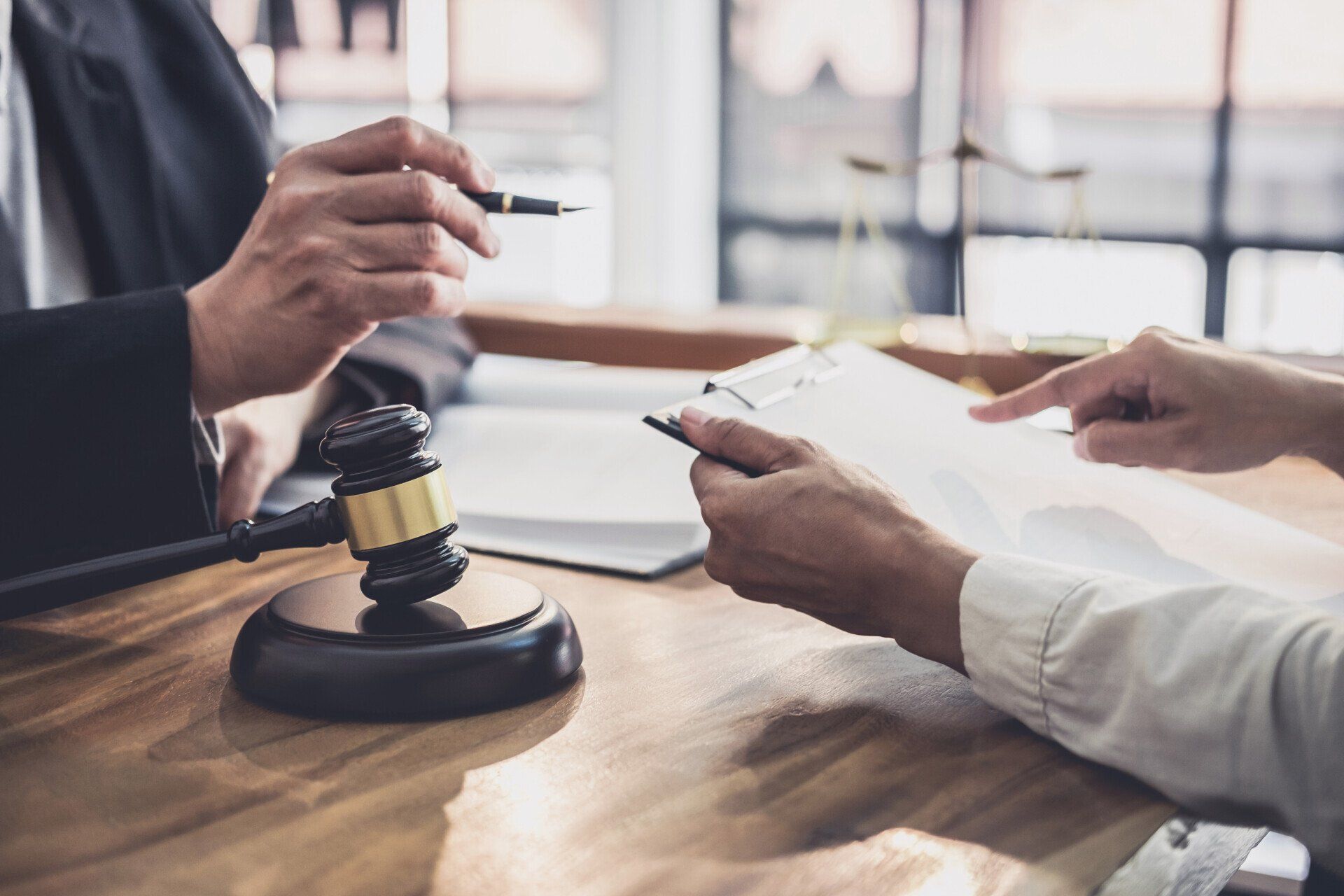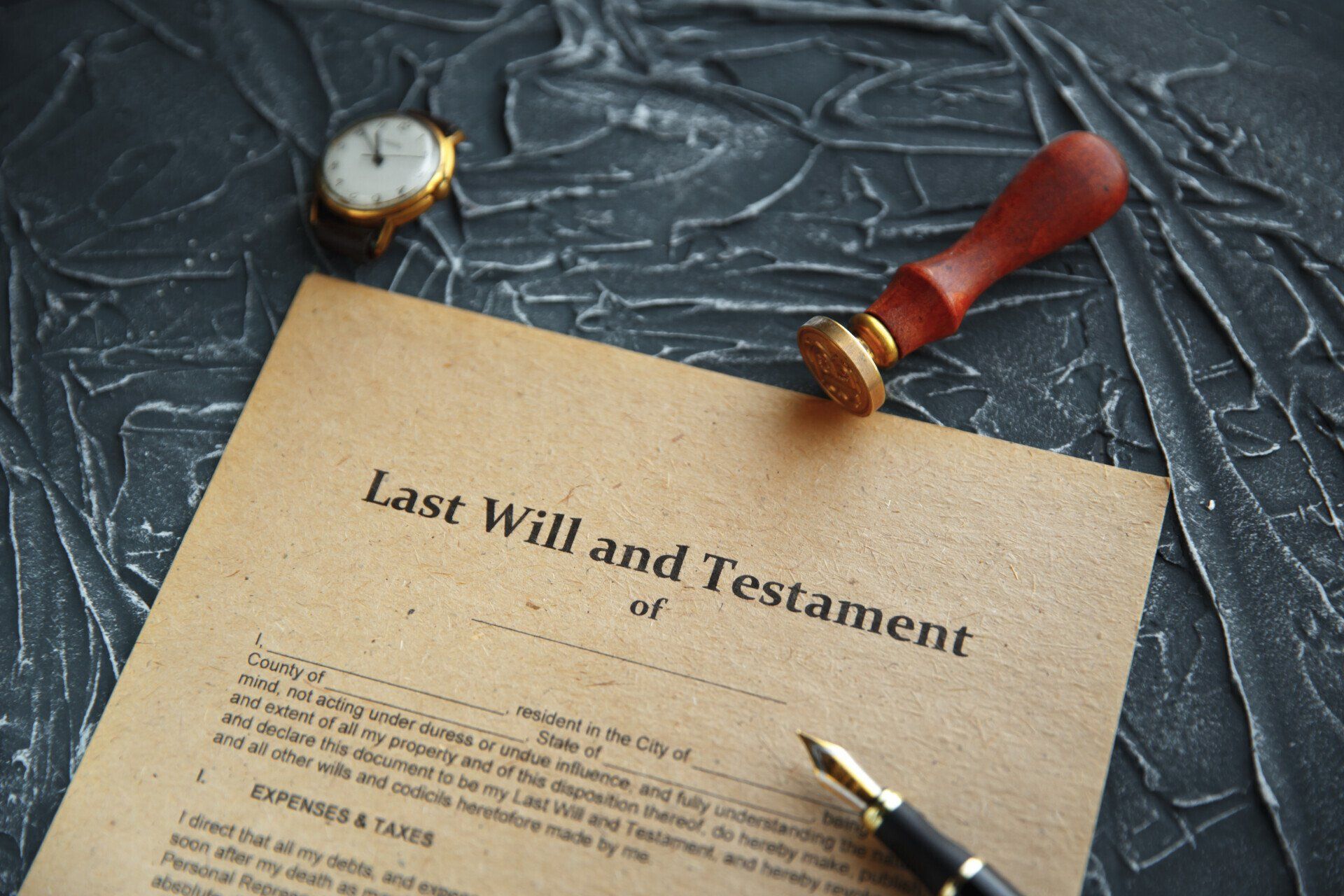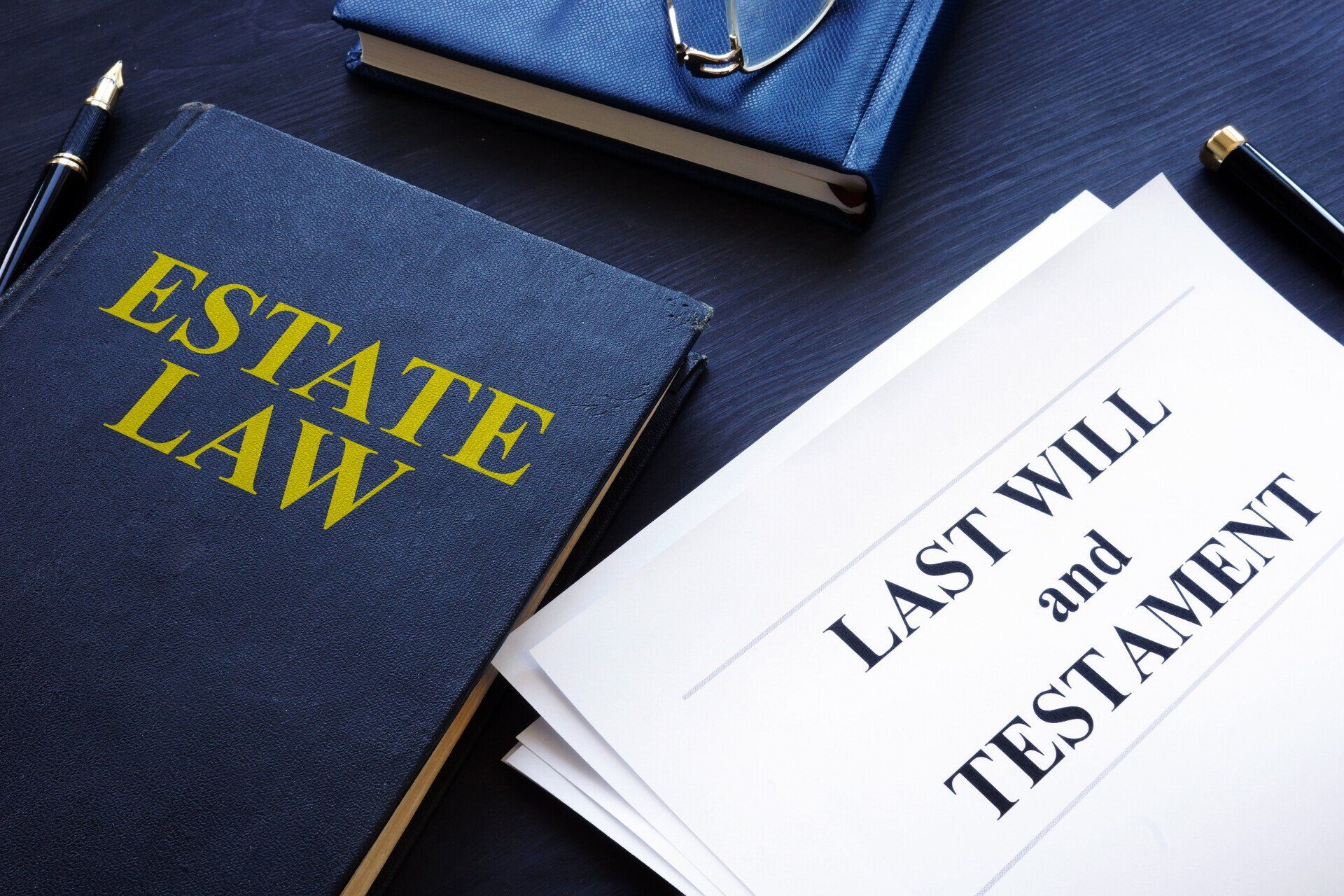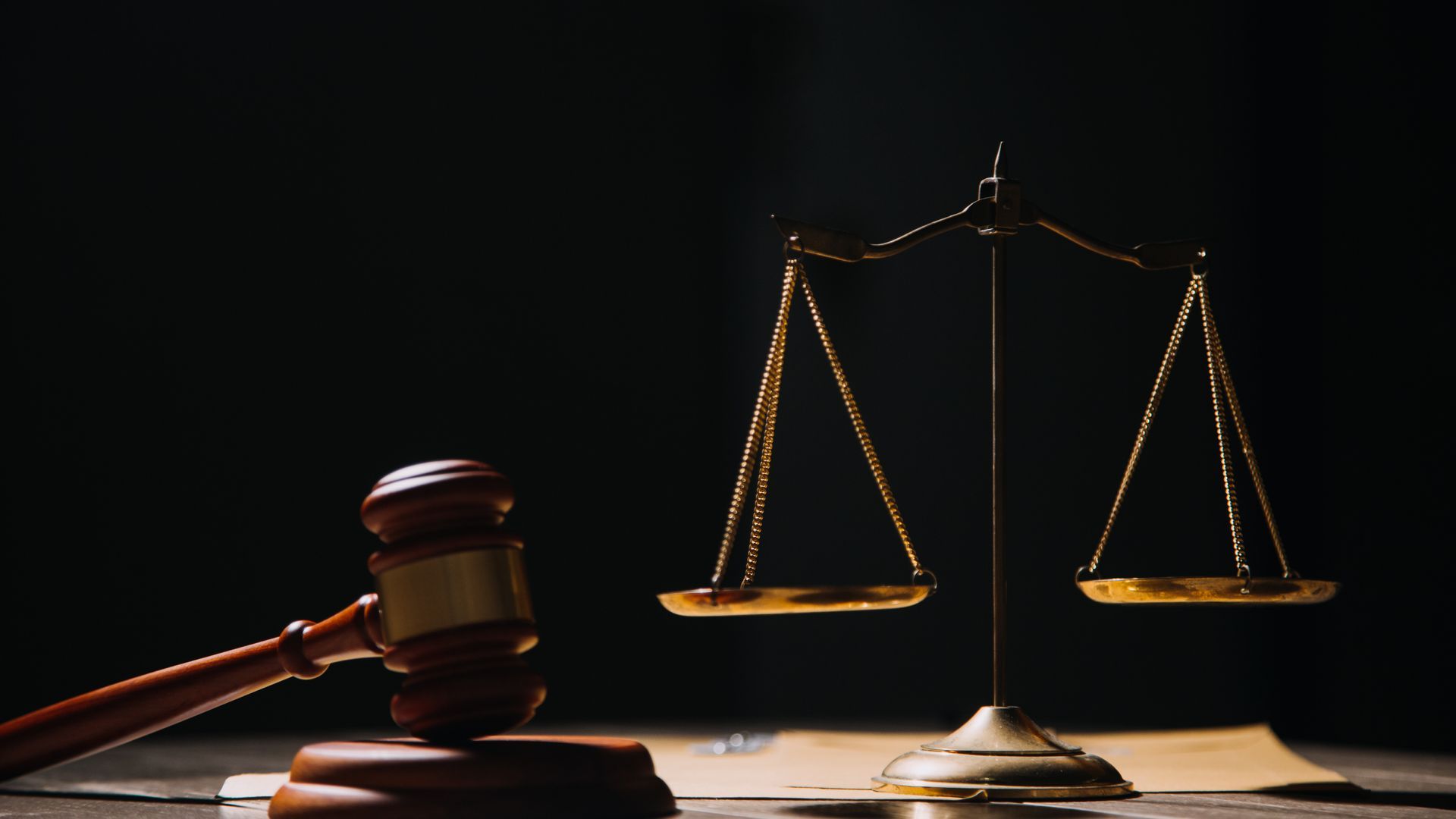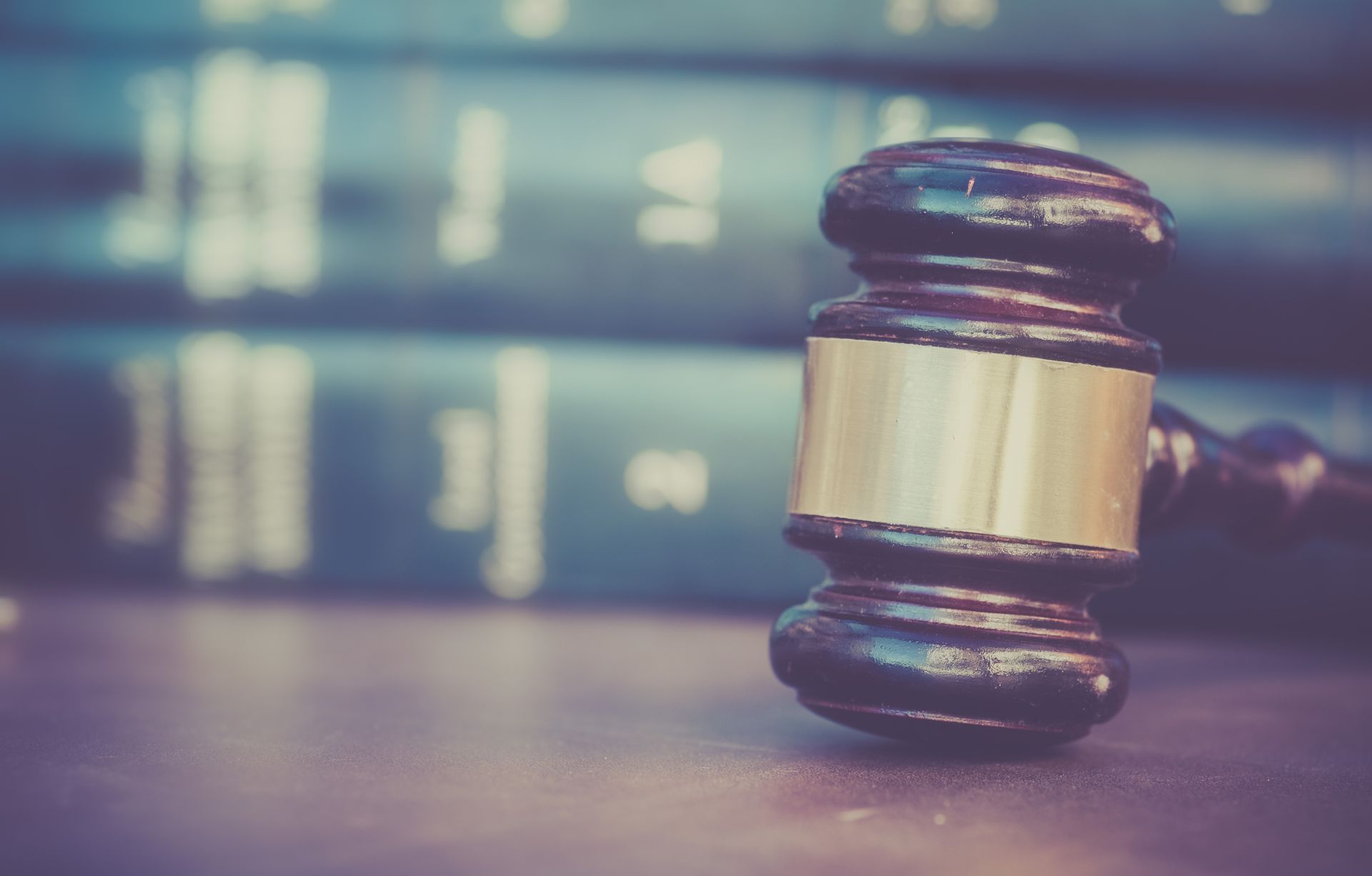Issues when An Executor Dies
Everyone in Florida should understand the importance of estate planning. Any adult, especially one with children, should have a plan for the worst-case scenario. The most well-known estate planning document is a last will and testament. In a will, the creator can outline how they want their assets to be distributed. They can also name a guardian for their minor children. Another important part of a will is the naming of an executor.
The Ins and Outs Being an Executor
An executor is the person who carries out the decedent’s wishes that are outlined in the will. This individual must be of sound mind and body to carry out these instructions. Sometimes, that’s not the case. An executor may be ill, suffering from dementia or otherwise not capable of carrying out these duties. There are even cases where the executor dies before the creator of the will.
In those cases, the court will evaluate the will. If a co-executor or alternate executor is named and is competent, they can be appointed. If not, a judge may appoint another individual or even a law firm with estate planning experience to act as executor. The same process applies if the executor dies or becomes incapacitated during the time the will is in probate. In those cases, the executor’s lawyer takes charge of documents, then passes them on to the new appointee.
Even basic estate planning can be challenging, both emotionally and practically. It’s always prudent to include an alternate executor in the document as a back-up plan. And it’s never a bad idea to seek legal advice when writing a will. An experienced lawyer could guide you through the estate planning process.

